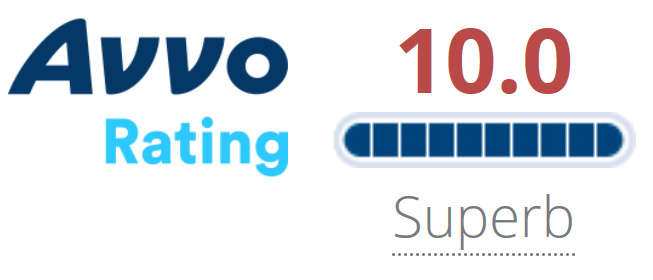 If your marriage is over, but you want to end things amicably, or if you need to maintain a positive relationship with your ex for the benefit of your minor children, the traditional divorce process may not be the best way to go. Instead, you may want to consider the collaborative approach to divorce. Here’s how it works.
If your marriage is over, but you want to end things amicably, or if you need to maintain a positive relationship with your ex for the benefit of your minor children, the traditional divorce process may not be the best way to go. Instead, you may want to consider the collaborative approach to divorce. Here’s how it works.
In the collaborative approach, you and your former spouse each hire your own counsel, but you agree at the beginning that you’ll work with your attorneys and with each other to resolve all differences, from custody to property settlements, without the intervention of the courts. So, instead of seeking solutions that are only beneficial for you, you and your lawyer have an incentive to identify mutually advantageous outcomes.
In the collaborative process, it’s common for the parties to seek guidance from outside experts to resolve certain matters. For example, you may work directly with a family therapist or counselor to identify a custody/managing conservatorship arrangement that’s in the best interests of your children, or you may bring in a financial planner to help allocate debts and assets.
If all things work well, you’ll come to agreements that you can put into a contract, enforceable in court, if necessary. However, if you are unable to resolve certain issues without the intervention of the court, you’ll be required to hire new legal counsel before you move forward.
There are many concrete benefits to the collaborative approach:
- It’s usually far less expensive and can be completed in a shorter period of time
- You are actively involved in the decision-making process, rather than passively waiting for a judge to make a decision
- It can be a win-win situation for everyone, including your children
Contact the Law Office of Len Conner & Associates
For experienced counsel in family law matters, contact our office online or call us at 972-445-1500 (toll free at 877-613-5800). Your first consultation is free of charge.




